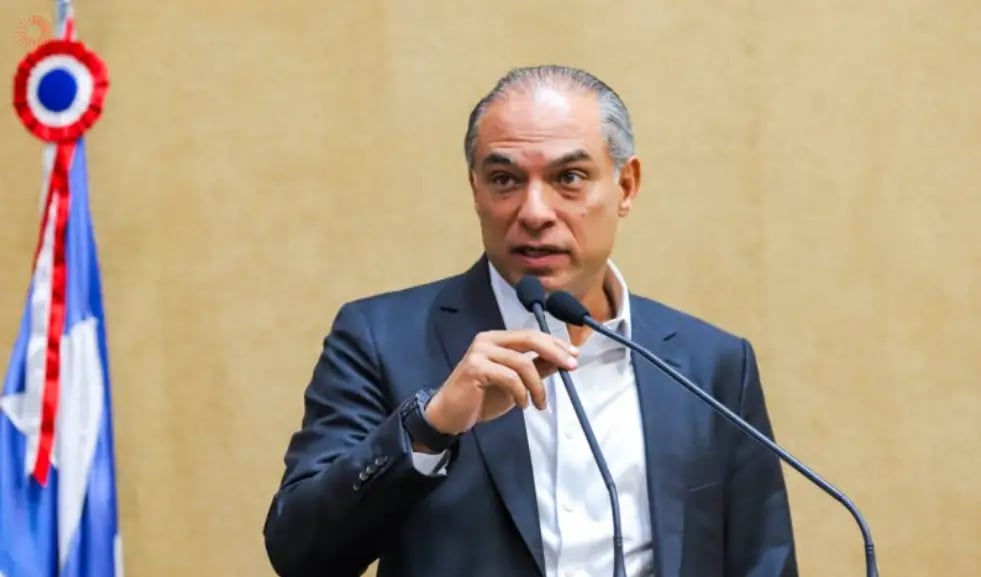In November 2020, Brazil’s Central Bank launched Pix — a public, instant payment infrastructure that lets people send money to one other at no cost. It was a real shake-up. Until then, Brazilians were used to paying fees for almost any bank transfer.
Over the following years, Pix kept expanding, adding new features like recurring payments, scheduled transfers, cash withdrawals at retail stores, tap-to-pay, and even instant refunds in case of fraud.
In an earlier episode of Explaining Brazil, on digital sovereignty, we explored how the Central Bank basically had to sprint to roll out Pix before private companies could launch their own systems. By doing that, the Central Bank secured Pix’s dominance without blocking the free market.
It worked. According to Central Bank data, Pix transactions jumped from 9.4 billion in 2021 to 63 billion in 2024, with a total value of BRL 26.4 trillion — roughly USD 5 trillion — moving through the system. That is more than twice Brazil’s annual GDP.
For a vast portion of the population, carrying cash has become practically unnecessary, while having a bank or fintech account has become practically essential. Even some foreign retailers now accept payment via Pix.
But financial inclusion didn’t come without some friction on the security front. Brazilian creativity, for better or worse, also fueled a boom in Pix-related scams. And there have been cases of personal data leaks linked to Pix keys held by participating institutions.
Naturally, US competitors — like WhatsApp Pay and card giants Visa and Mastercard — were not thrilled with Brazil’s homegrown innovation. Even though some companies pay banks to receive Pix payments, those fees are still far lower than what private systems charge.
The Donald Trump administration, seeking to defend US corporate interests, opened a trade investigation into Brazil over allegedly unfair practices, and Pix suddenly became a geopolitical issue.
To unpack the impacts of those three little letters that have reshaped Brazil’s financial system, our guest is Luiz Antonio Joia, full professor at Ebape — the Getulio Vargas Foundation’s school of public administration — where he coordinates the Laboratory for Research on Electronic Government and Business.
He holds a PhD in production engineering and is the senior editor of the Electronic Journal of Information Systems in Developing Countries. He has also worked as a consultant and evaluator for the World Bank.
In this conversation, he analyzes:
The context that enabled the development and refinement of Pix
How Pix compares to transfer systems in other countries
Its outcomes for financial inclusion — and the many issues that came with it
The impact on the credit card industry and the US investigation











